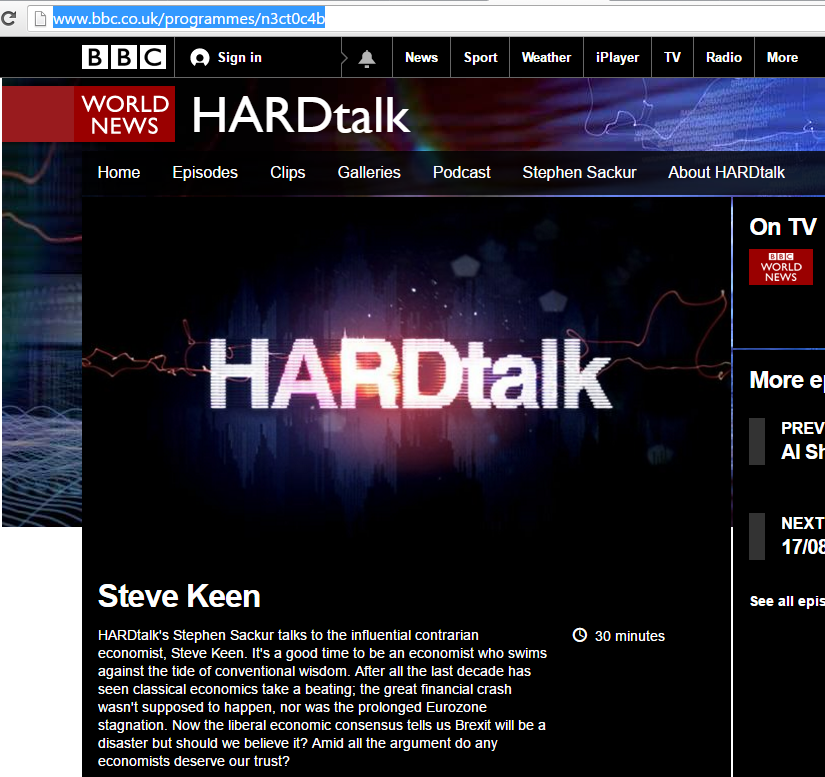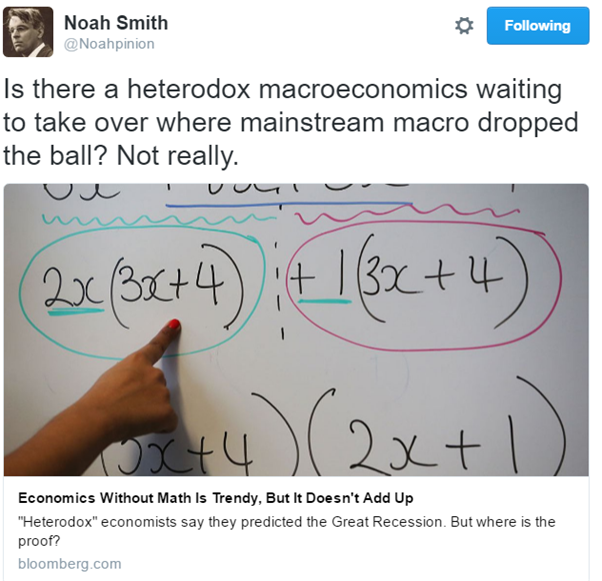This is a talk I gave in Amsterdam to launch the Amsterdam Rethinking Economics critique of the current state of economics “education” in the Netherlands. The text of my slides is reproduced below.
- Teaching Economics the Pluralist Way
- Steve Keen
- Kingston University London
- IDEAeconomics
- Minsky Open Source System Dynamics
www.debtdeflation.com/blogs - General Principles
- Teach Honestly: “Warts and All” treatment of every school
–Read the original sources—journals & books—not textbooks
- Let experts teach maths & computing, not economists
- Facts exist & are not theory-neutral
–Rules of accounting versus Money Multiplier



